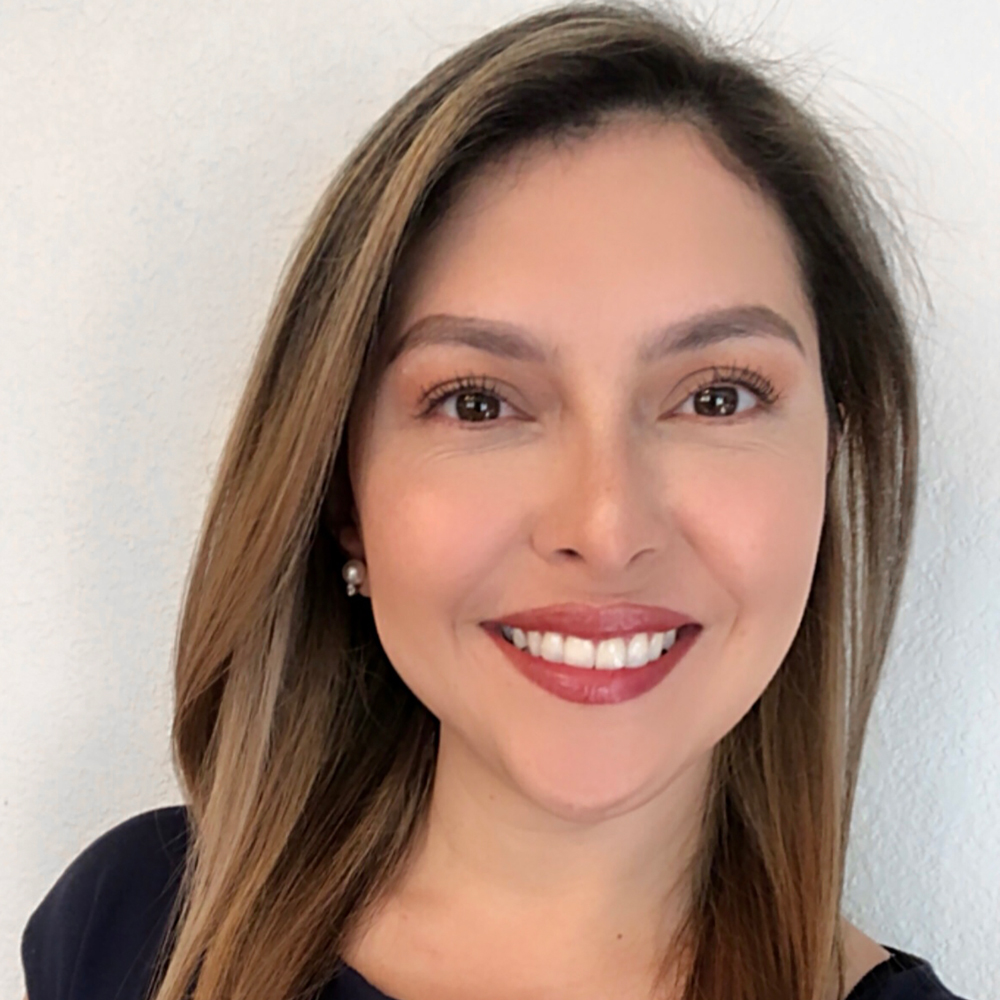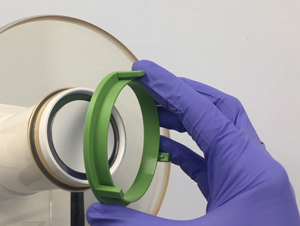By Jenny Organista
Smart business decisions are based on good data, not a series of hypothetical guesses. Anyone looking to build a business, whether it’s a dental practice or not, needs a plan for revenue management. While taking care of customers is the primary focus, it’s essential to the success of your business venture to ensure that you’re tracking the revenue cycle. With a revenue cycle management process in place, you can improve the productivity, efficiency, and profitability of your dental practice.
How revenue cycle management works
Revenue cycle management is a process that identifies, tracks, and collects the revenue from a dental practice from the moment the patient contacts the office to the final payment for any rendered services. Dental practices can lose revenue for a variety of reasons, including claim denial and uncollected copayments or balances. Dental groups or individual dental offices need to have a well-structured RCM flow to maintain financial viability, while focusing on improving patient care.
More people have active dental insurance plans than ever before, which necessitates a structured revenue cycle management system. The RCM process is not just an integral part of every DSO, but also every operating individual dental practice. Insurance plans have guidelines and limitations that are constantly changing, making it difficult for dental offices to collect the money they are owed. This also leaves patients with larger balances after dental visits.
With a dedicated RCM team that can focus on revenue flow tasks like insurance benefits verification, fee schedule updates, claims submission, patient balance collection and more, the office staff can fully focus on providing excellent customer care. When staff can focus on providing better care, they can also increase case acceptance and productivity. A fully operational and efficient RCM program allows the organization to maximize revenue, accelerate cash flow, and reduce expenses.
RCM at Underbite Management
At Underbite Management, we provide dental practices of all sizes with centralized tools and resources to help them grow and thrive. We’ve taken offices that are simple practices and transformed them into efficient, multi-specialty dental centers. With our consultative process, we look for areas to combat inefficiency and opportunities to expand the repertoire of offered dental services. Our revenue cycle management department is just one more method for us to serve DSOs and private dental practices.
“The RCM department is a support system for each dental office in the DSO. Our RCM team audits the office work, looking to improve deficiencies that can affect any production or collection goals.”
As the director of the RCM department at Underbite, I built the department from the ground up to what is now a world-class RCM team. We are now in the position to not only support the growth of Underbite, but other DSOs and individual dental practices as well. I started by differentiating the various RCM components and approaching them as interconnected Lines of Business, what I like to call “Phases.” This approach allowed me to identify gaps, create benchmarks, and build systems and accountabilities for each phase, all of which are aligned with our company goals.
The RCM department is a support system for each dental office in the DSO. Our RCM team audits the office work, looking to improve deficiencies that can affect any production or collection goals. We post payments into the dental software, assist office staff with gathering insurance information prior to the patient’s appointment, ensuring a more accurate treatment fee estimate and a higher patient collection rate. We also make sure to submit claims in a timely manner and follow up with any outstanding claims. Additionally, our team educates DSOs and dental practices on what clinical data needs to be collected to submit a complete claim, which helps determine why a particular treatment was not covered by insurance. This allows us to follow up with the patient on their outstanding balance, equipped with the information they need to complete payment.
What we’ve learned
We’ve found that every phase of the RCM department plays an integral role in assisting with the unique challenges each dental practice faces. DSOs and dental practices working with an RCM department will increase productivity, efficiency, and profitability across the organization.
Obtaining a complete insurance breakdown and entering the information into the software correctly is one of the many challenges addressed by an effective RCM team. By implementing this process accurately, office staff will feel more comfortable when presenting treatment fees and educating patients. This allows us to collect co-payments in advance, increase case acceptance, and improve patient collection rates.
Additionally, an effective RCM team will follow up on outstanding claims that exceed 30 days, as well as document how we are moving forward with the claim. At this point, we can escalate the claim with insurance if we need to. This process works to save time on our end, allowing us to quickly follow up with more claims.
I was surprised to learn how many offices don’t properly understand CDT/ADA dental codes. It is not an easy process to manage, which is why a well-structured RCM is needed to support the larger organization. Many offices do not bill insurance or even properly charge patients for some of the procedures, either waiving the fee or forgetting to enter the proper procedure code altogether. This is an unnecessary loss in revenue for the dental practice. Through auditing processes and code optimization, an RCM team will help to maximize insurance earnings.
How to create your own RCM program
For those looking to build their own centralized RCM team, I would advise them to begin by differentiating the various RCM components. After that, identify which division requires the most improvement based on where the biggest impact will be made on revenue. Build your own processes, create benchmarks, and leverage metrics for that division; repeat this process for the other divisions.
“Many offices do not bill insurance or even properly charge patients for some of the procedures, either waiving the fee or forgetting to enter the proper procedure code altogether. This is an unneccesary loss in revenue for the dental practice.”
When it comes to insurance billing, it’s important to maintain templates for narratives. Ensure that your team properly understands the information that a particular insurance carrier requires to ensure claims are being fully recovered. This will not only speed up the collections rate, but it will also help prevent you from having to follow up with too many claims.
Make sure there’s a process to collect from patients who aren’t scheduled to come to the office or will not be in the office in the near future. Ensure the office staff is collecting copayments and balances from patients that are coming to the office for dental services.
Most importantly, invest in the members of your centralized RCM team. Allow them opportunities to expand their personal and professional development, while equipping them with the tools they need to succeed in their role. Creating a healthy and engaging work culture is just as important as the work itself, so do not let the culture of your team fall to the wayside.
Jenny Organista, is a Revenue Cycle leader with over 13 years of experience in the dental field. She is an expert at process improvement, revenue acceleration, & strategy execution. As the Director of RCM for Underbite Management & Consulting, Jenny has been an integral part of the DSO’s expansion and has built a global team with a growth-oriented culture. Jenny was born in Bogota, Colombia and moved to New York City with her family when she was 15 years old. After graduating with honors from Berkeley College, she completed her Strategic Leadership Certificate from Cornell University. Jenny’s passion centers around a growth mentality while ensuring her team develops personally and professionally.







